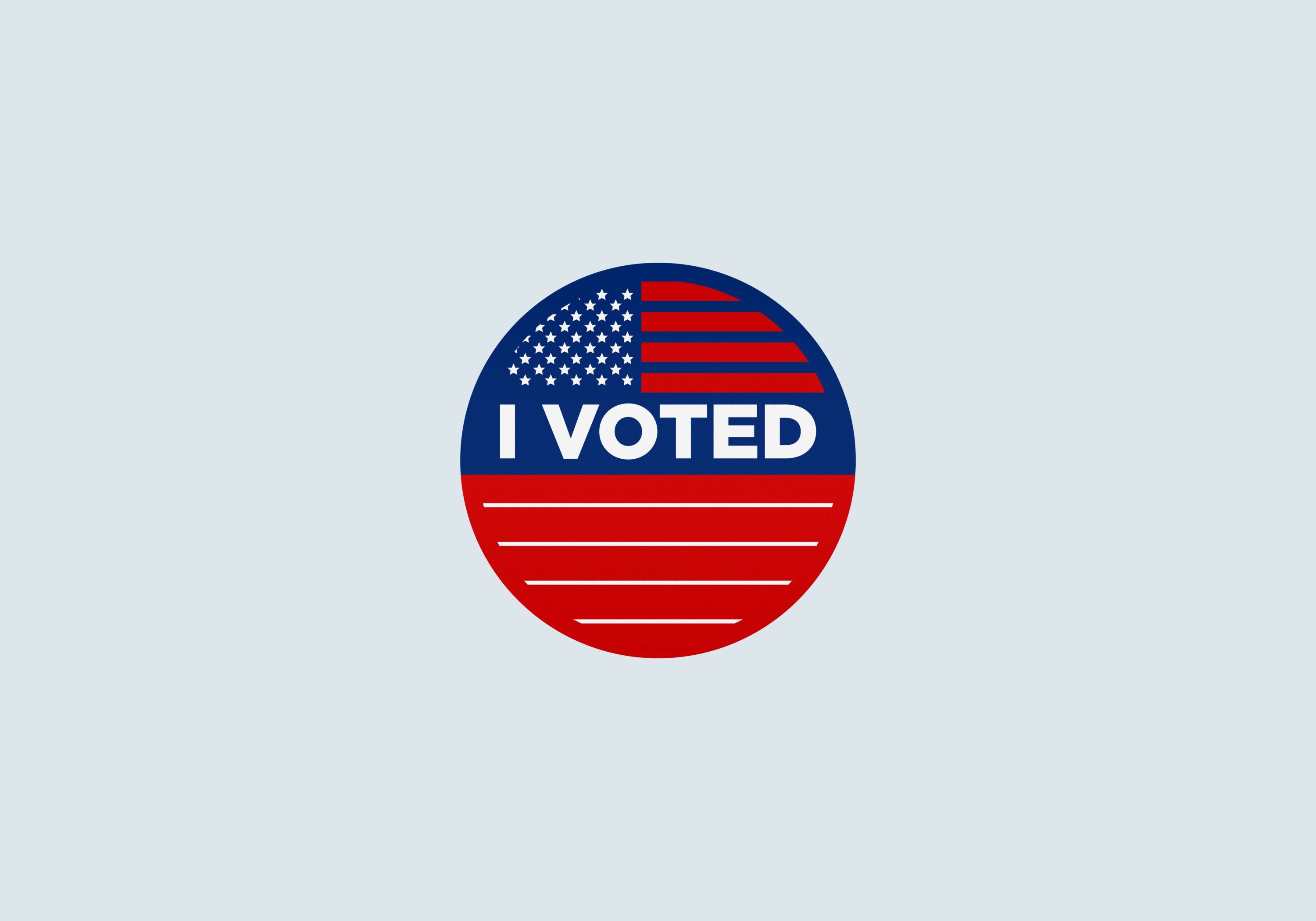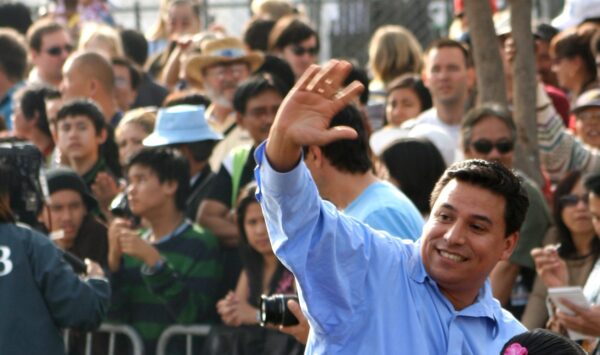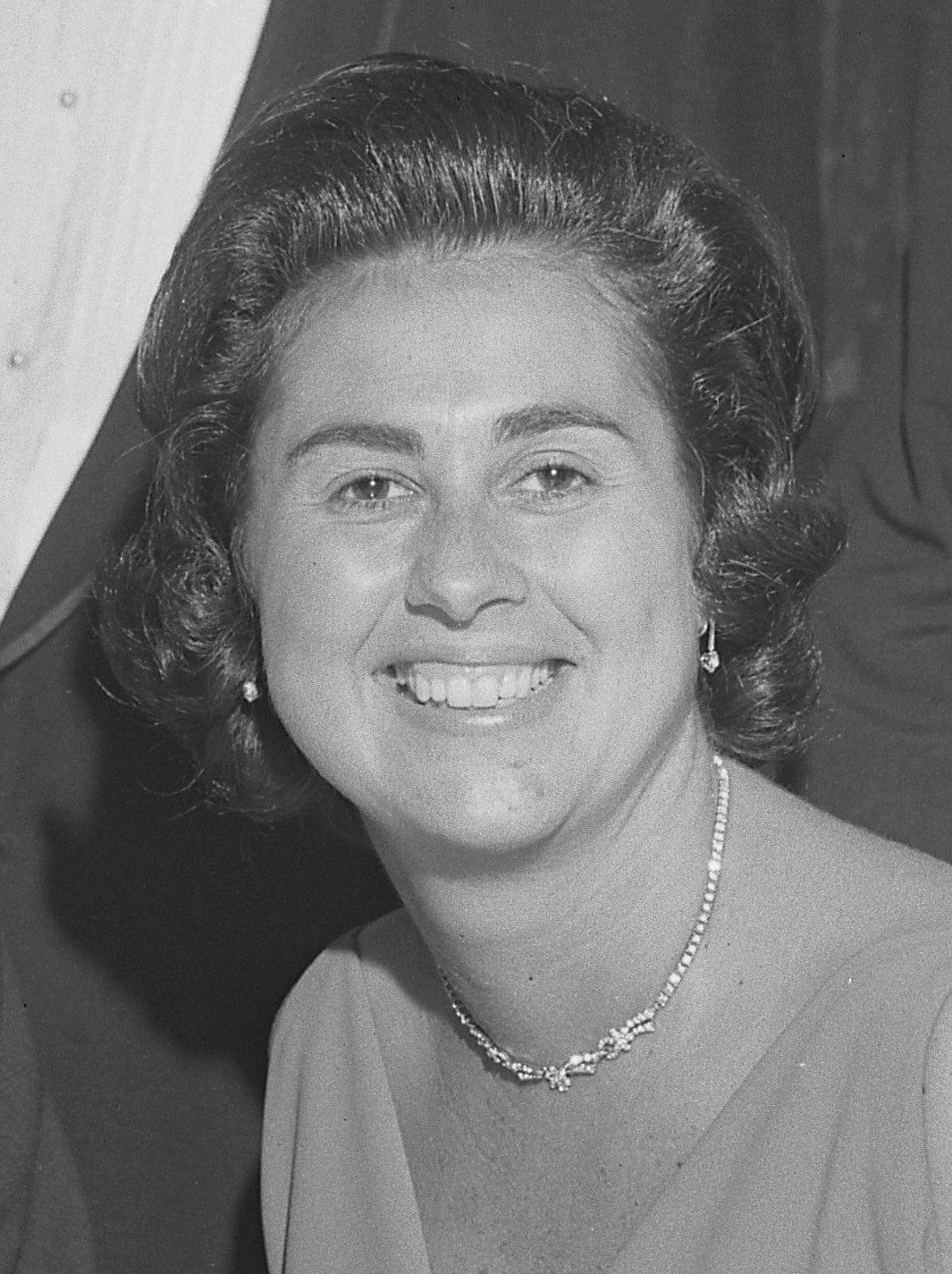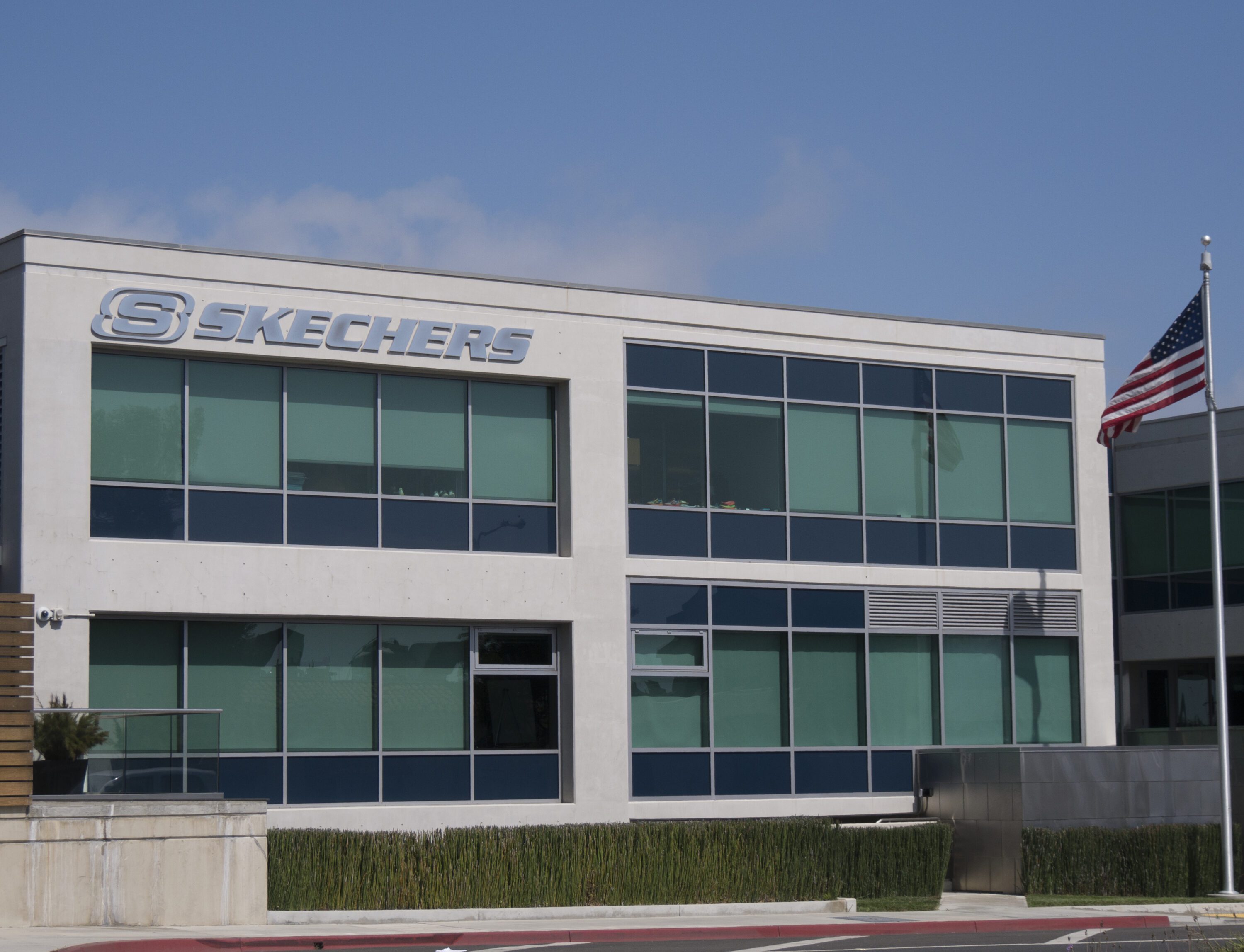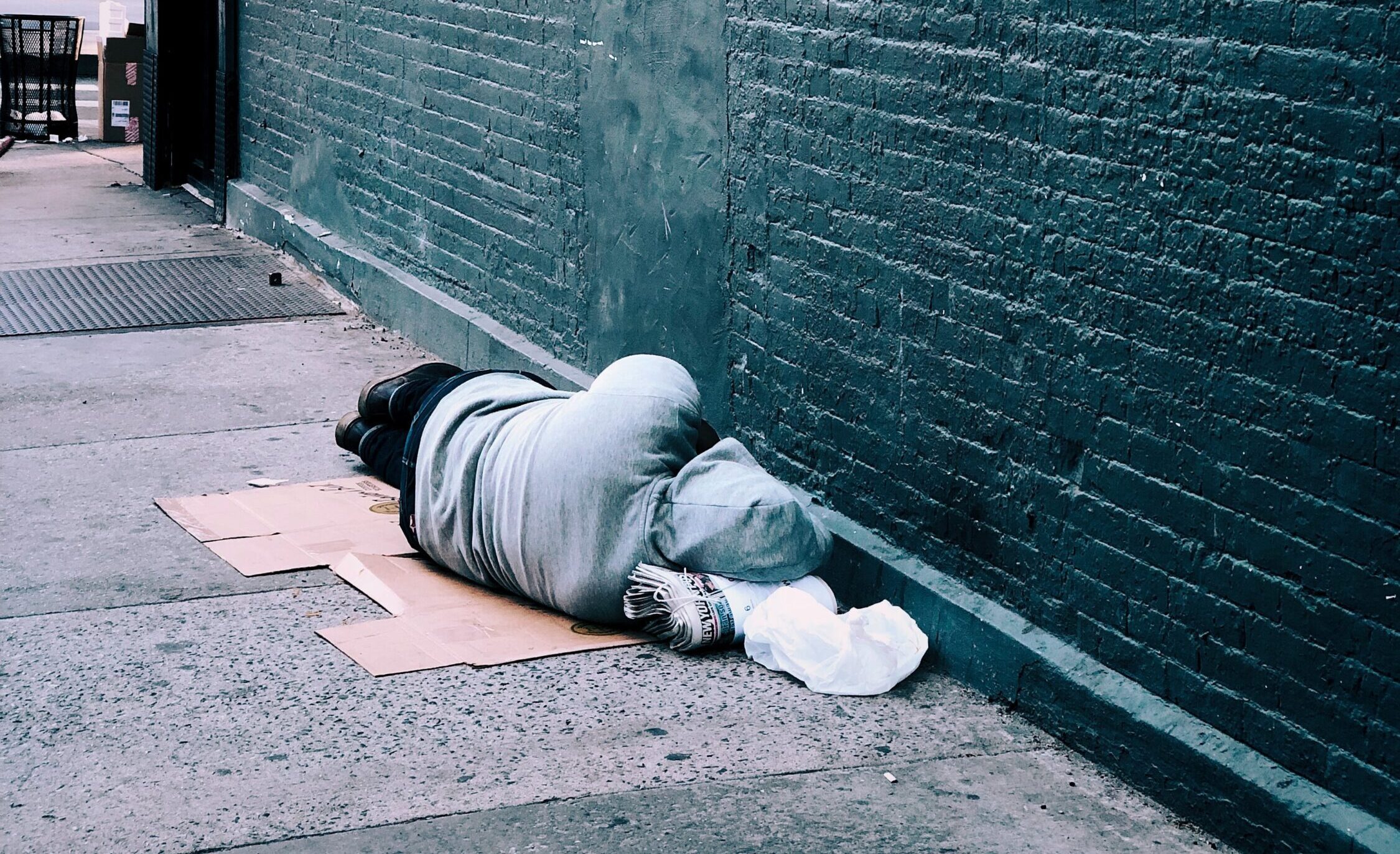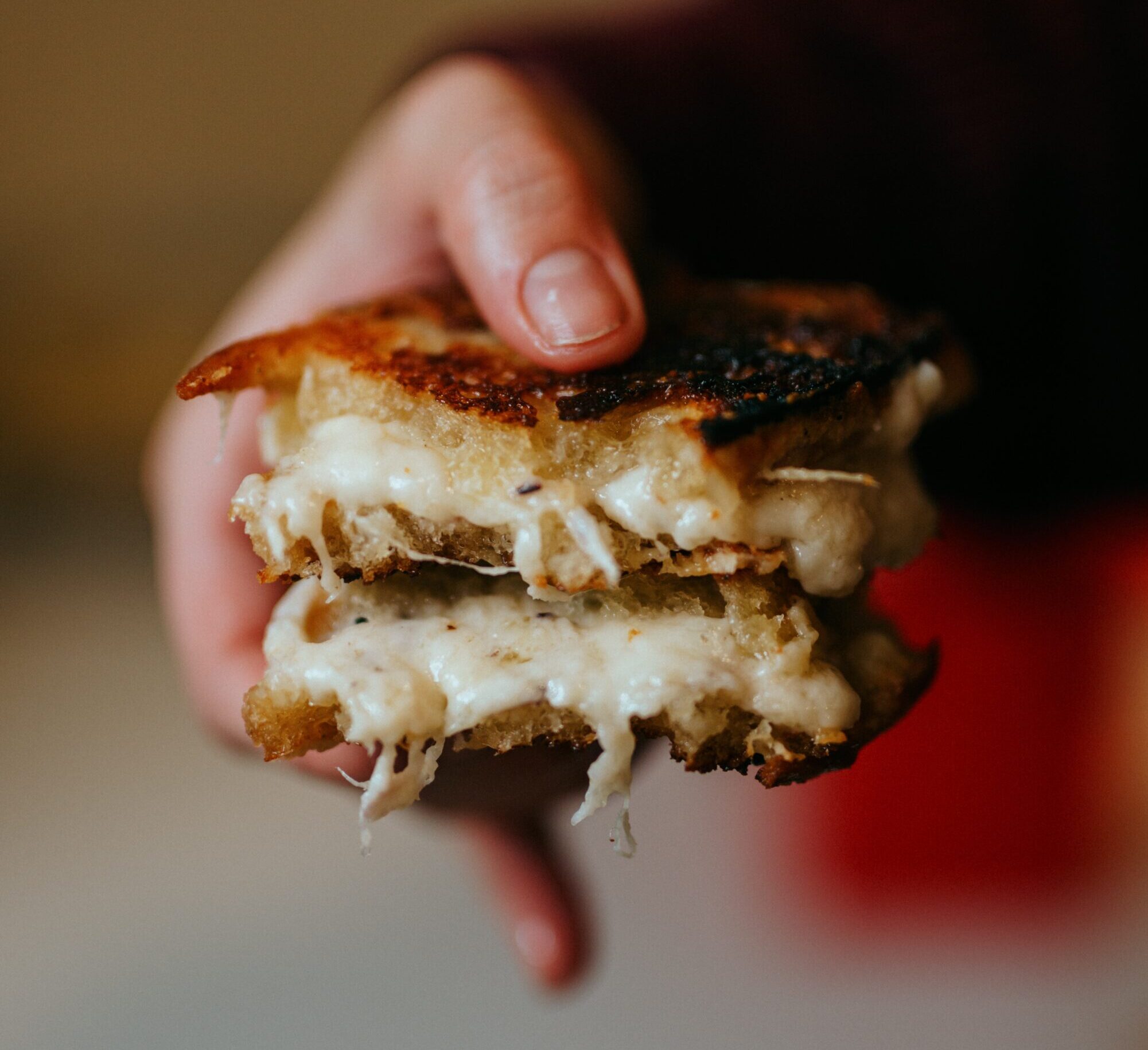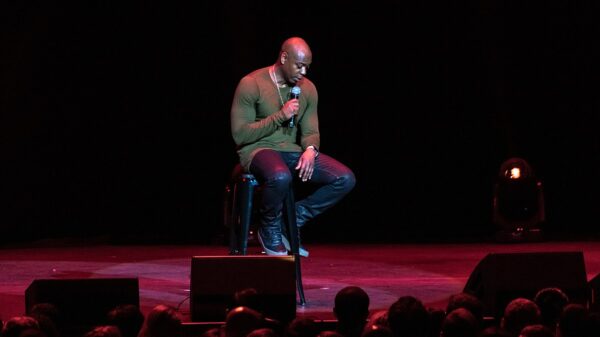Nov. 8 is fast approaching, and it’s important to know what you’re voting on. First, check your voter status visit, voterstatus.sos.ca.gov/. All counties have early voting and drop-off locations. Voter centers open on Saturday, Oct. 29. In-person voting locations offer same-day voter registration, replacement ballots, accessible voting machines, and language assistance to those who need it. If you choose to vote by mail, all vote-by-mail ballots returned by mail must be postmarked on or before 8:00 p.m. on Nov. 8, and received by Nov. 15. Visit sos.ca.gov/elections for further details.
This year’s ballot includes federal, statewide, and judicial candidates, 7 state ballot propositions, and local candidates and measures.
Below are the ballot measures and brief descriptions for each. For a more detailed breakdown of each, visit Ballotpedia.org or Calmatters.org. Ballotpedia is sponsored by the Lucy Burns Institute and is a 501(c)(3) organization. Additionally, it accepts donations from individuals and foundations. Other avenues of revenue include research services, custom election data and political intelligence via its API and digital ad sales. Calmatters is a nonpartisan and nonprofit news organization funded by a mix of foundations, major donors, members and corporate sponsors. Journalists are kept separate from any sponsorship or conflict-of-interest.
Proposition 1: Constitutional Right to Reproductive Freedom. Legislative Constitutional Amendment. (PDF)
Type: Constitutional amendment
Origin: State legislature
Subject: Abortion
Provides a state constitutional right to reproductive freedom, including the right to an abortion. The amendment states, “The state shall not deny or interfere with an individual’s reproductive freedom in their most intimate decisions, which includes their fundamental right to choose to have an abortion and their fundamental right to choose or refuse contraceptives.”
A “yes” vote amends the state constitution to prohibit the state from interfering with or denying an individual’s reproductive freedom, which is defined to include a right to an abortion and a right to contraceptives.
Support donors include Atkins Ballot Measure Committee, Federated Indians of Graton Rancheria, California Medical Association – Physicians’ Issues Committee, M. Quinn Delaney, Planned Parenthood Advocacy Project Los Angeles County and California Federation of Teachers COPE Prop/Ballot Committee
A “no” vote opposes this amendment providing a right to reproductive freedom in the state constitution.
Oppositional donors include top Prop 1 – A Committee in Opposition to Proposition 1, Women for Reproductive Facts, Valley Republican Women and Patriot Store and Dehart Construction Services.
Proposition 26 Allows In-Person Roulette, Dice Games, Sports Wagering on Tribal Lands. Initiative Constitutional Amendment and Statute. (PDF)
Type: Amendment and Statute
Origin: Citizens
Subject: Gambling and American Indian issues
Legalizes sports betting at American Indian gaming casinos and licensed racetracks in California. Sports betting is defined as wagering on the results of professional, college, or amateur sports and athletic events. This does not include high school sports or California college teams. The minimum age to participate is 21. Sports betting is legal in 30 other states.
Additionally, this measure would legalize roulette and dice games at tribal casinos.
A “yes” vote (i) legalizes sports betting at American Indian gaming casinos and licensed racetracks in California; (ii) taxes profits derived from sports betting at racetracks at 10%; and (iii) legalizes roulette and dice games, such as craps, at tribal casinos.
The “Yes on 26, No on 27 – Coalition for Safe, Responsible Gaming” is a PAC leading the campaign in support of the ballot initiative. The coalition is supported by the Pechanga Band of Luiseno Indians, Yocha Dehe Wintun Nation, Agua Caliente Band of Cahuilla Indians, Federated Indians of Graton Rancheria and the Barona Band of Mission Indians. The campaign raised nearly $123.4 million.
A “no” vote opposes this ballot initiative, thus continuing to prohibit sports betting in California and roulette and dice games at tribal casinos.
“No on 26 – Taxpayers Against Special Interest Monopolies” is leading the campaign against the proposal. The campaign, along with a terminated PAC No on the Gambling Power Grab, raised $43.1 million. The top donors to the opposition are gambling-related companies, including the California Commerce Club, Inc, Hawaiian Gardens Casino, and Knighted Ventures LLC.
Proposition 27 Allows Online and Mobile Sports Wagering Outside Tribal Lands. Initiative Constitutional Amendment and Statute. (PDF)
Type: Amendment and Statute
Origin: Citizens
Subject: Gambling
Legalizes mobile sports betting. Proposes to authorize a gaming tribe, an online sports betting platform with an operating agreement with a gaming tribe, or a qualified gaming company with a market access agreement with a gaming tribe may operate online sports betting for individuals 21 years of age or older in the state, but outside of Indian lands. This would create the “Division of Online Sports Betting Control within the Department of Justice.” Additionally, would establish the “California Online Sports Betting Trust Fund” where revenue, after deducting regulatory costs, would be allocated to the “California Solutions to Homelessness and Mental Health Support Account” (85%) for permanent and interim housing.15% would go to the “Tribal Economic Development Account,” which would be established by the initiative to supplement Indian tribes for expanding tribal government, public health, education, infrastructure, and economic development.
A “yes” vote supports legalizing online and mobile sports betting for persons 21 years of age or older, establishing regulations for the mobile sports betting industry, imposing a 10% tax on sports betting revenues and licensing fees and allocating tax revenue to an account for homelessness programs and an account for tribes not operating sports betting.
Californians for Solutions to Homelessness and Mental Health Support is leading the support campaign. Donors include Betfair Interactive US LLC (Fanduel Sportsbook), Crown Gaming, Inc. (Draftkings), BetMGM LLC, FBG Enterprises LLC and Penn National Gaming, Inc.
A “no” vote opposes this ballot initiative, thus continuing to prohibit sports betting in California.
Californians for Tribal Sovereignty and Safe Gaming and Coalition for Safe, Responsible Gaming are leading opposition campaigns. Pechanga Band of Luiseno Indians, Yocha Dehe Wintun Nation, Agua Caliente Band of Cahuilla Indians, Federated Indians of Graton Rancheria and the San Manuel Band of Mission Indians.
Proposition 28 Provides Additional Funding for Arts and Music Education in Public Schools. Initiative Statute. (PDF)
Type: State Statute
Origin: Citizens
Subject: Education
Would require a minimal source of annual funding for public schools, including charter schools, to fund art and music programs. he annual minimum amount established by the law would be equal to, at minimum, 1% of the total state and local revenues that local education agencies received under Proposition 98. Prop 98 amended the state constitution to require a minimum percentage of state budget spent toward K-14 (two-year community college).
A “yes” vote supports this ballot initiative to:
- require an annual source of funding for K-12 public schools toward arts and music education equal to, at minimum, 1% of the total state and local revenues that local education agencies receive under Proposition 98;
- distribute a portion of the additional funding based on a local education agency’s share of economically disadvantaged students; and
- require schools with 500 or more students to use 80% of the funding for employing teachers and 20% to training and materials.
The “Vote Arts and Minds” campaign is led by “Yes on 28 – Californians for Arts and Music in Schools.”
A “no” vote opposes all three of the above.
There are no formal opponents to this ballot.
Type: State Statute
Origin: Citizens
Subject: Healthcare
Prohibits clinics from refusing to care for a patient based on the patient’s form of payment, whether the patient is an individual payer, the patient’s health insurer, Medi-Cal, Medicaid, or Medicare. Additionally, enacts staffing requirements, reporting requirements, ownership disclosure, and closing requirements for chronic dialysis clinics. This includes
- requiring clinics to have at least one physician, nurse practitioner, or physician assistant – with at least six months of experience with end-stage renal disease care – onsite during patient treatments;
- requiring clinics to report dialysis-related infections to the California Department of Public Health (CDPH);
- requiring clinics to provide patients with a list of physicians with an ownership interest of 5% or more in the clinic;
- requiring clinics to provide the CDPH with a list of persons with ownership interest of 5% or more in the clinic; and
- requiring clinics to obtain the CDPH’s written consent before closing or substantially reducing services to patients.
A “yes” vote supports this ballot initiative to require dialysis clinics to have at least one physician, nurse practitioner, or physician assistant while patients are being treated; report data on dialysis-related infections; and not discriminate against patients based on the source of payment for care.
The “Kidney Patients Deserve Better” campaign is led by “Californians for Kidney Dialysis Patient Protection.” It is fully supported by SEIU United Healthcare Workers West.
A “no” vote opposes this ballot initiative to require dialysis clinics to have at least one physician, nurse practitioner, or physician assistant while patients are being treated; report data on dialysis-related infections; and not discriminate against patients based on the source of payment for care.
Opposition is led by “Stop Yet Another Dangerous Dialysis Proposition.” The initiative is also opposed by the Republican Party of California, California Chamber of Commerce and California Medical Association, DaVita, Inc., Fresenius Medical Care, U.S. Renal Care Inc., Satellite Healthcare, Inc. and Dialysis Clinic Inc.
Type: State Statute
Origin: Citizens
Subject: Taxes and Transportation
Increases the tax on personal income above $2 million by 1.75% and dedicates revenue to Clean Cars and Clean Air Trust Fund and then divided into Zero-Emission Vehicle Infrastructure Investment Plan Sub-Fund (35%), Zero-Emission Vehicle and Clean Mobility Sub-Fund (45%), and Wildfire Green House Gas Emissions Reduction Sub-Fund (20%). These fund zero-emission vehicles, charging stations, and infrastructure, as well as hiring and training firefighters.
A “yes” vote supports increasing the tax on personal income above $2 million by 1.75% and dedicating the revenue to zero-emission vehicle subsidies; zero-emission vehicle infrastructure, such as electric vehicle charging stations; and wildfire suppression and prevention programs.
The support leaders are “Yes on 30: Clean Air California,” “Yes on 30: Working Families and Environmental Voters to Expose Greedy Billionaires and CEOs,” and “California Environmental Voters Issues Committee” and have received endorsements from the California State Association of Electrical Workers and California Environmental Voters. Donors include Lyft, International Brotherhood of Electrical Workers PAC, Zinc Collective, California State Association of Electrical Workers and California Environmental Voters Issues Committee.
A “no” vote opposes increasing the tax on personal income above $2 million by 1.75% and dedicating the revenue to zero-emission vehicle subsidies; zero-emission vehicle infrastructures, such as electric vehicle charging stations and wildfire suppression and prevention programs.
“No on 30” and “No on 30 – Educators Opposed to Corporate Handouts” are fiscally supported by Catherine Dean, Mark Heising, Michael Moritz, Sierra Pacific Industries and Arthur Rock. Gov. Gavin Newsom and the Republican Party of California are in opposition.
Proposition 31 Referendum On 2020 Law That Would Prohibit the Retail Sale of Certain Flavored Tobacco Products. (PDF)
Type: Referendum
Origin: Citizens
Subject: Tobacco and Business regulation
The California State Legislature passed SB 793 in August 2020, which banned the sale of flavored tobacco products as well as enhancers. Exceptions were granted to hookah tobacco, loose leaf tobacco, and premium cigars.
A “yes” vote is to uphold the contested legislation and continue to ban the sale of flavored tobacco products.
“Yes On Proposition 31, Committee to Protect California Kids,” is funded by Michael R. Bloomberg, Kaiser Foundation Health Plan, Inc., American Cancer Society Cancer Action Network, Inc., American Heart Association and American Lung Association.
A “no” vote is to repeal the contested legislation, thus keeping the sale of flavored tobacco legal in the state.
“No on Prop 31- Californians Against Prohibition,” is funded by R.J. Reynolds Tobacco Company, Philip Morris USA, Inc., American Snuff Company, ITG Brands, LLC and Swedish Match North America, LLC.

